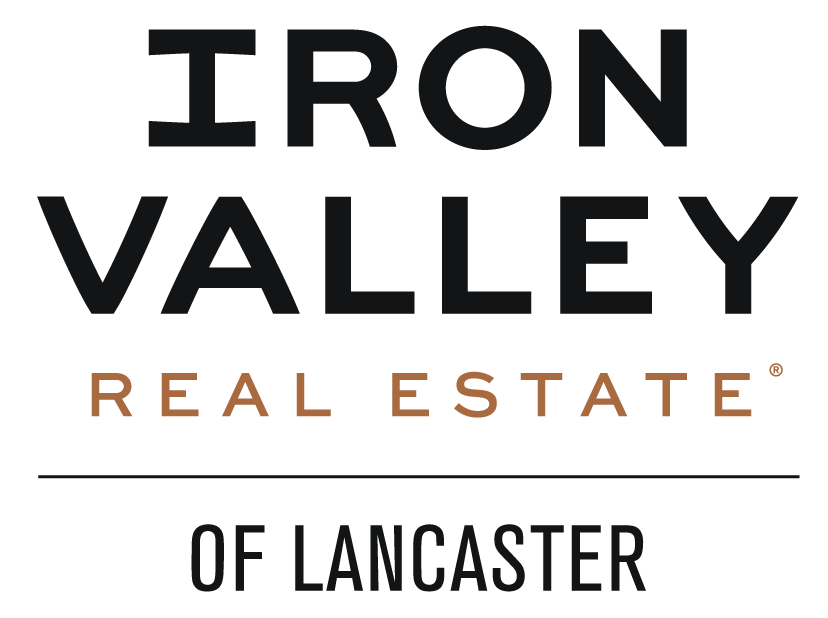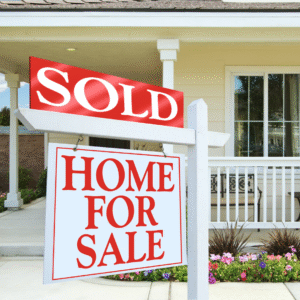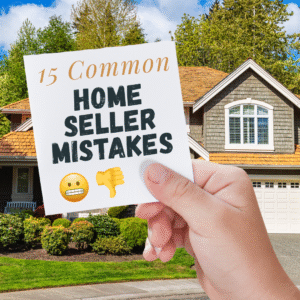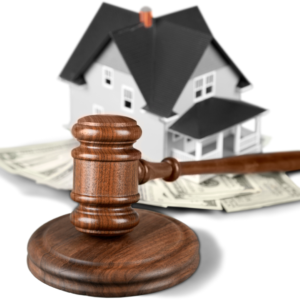With low housing inventory and escalating prices, some home buyers are turning to fixer uppers. If you are the kind of buyer who brims with excitement over the so-ugly-but-has-lots-of-potential home, a fixer upper might be right for you. But beware, buying a fixer upper is not for the faint of heart! Not only does it take a lot of vision, but it takes a lot of money, time, and effort.
1) See the potential. Some buyers walk into a home and can imagine what it could be, while others can’t see past the pink bathroom tiles and olive green carpet. If you are visionary, still keep in mind the features that make a home worth the trouble. The “bones” of the house need to work for you as well as these important elements:
Desirable location
Size of the lot/yard
Amount of square footage
Layout of rooms/functional layout
Number of bedrooms and bathrooms
2) Count the cost. First, make a list of everything that needs to be addressed. Determine what work you can do yourself. Things like painting, installing new light fixtures, ripping out old flooring, or even refinishing wood floors may be in your skill set. Then, what jobs do you need to hire a professional for? Things like electrical and plumbing, roofing, and heating/air conditioning will need to be handled by a professional. If work permits are required, find a reputable contractor to work with. Get quotes on all the work. Add costs to your list and build in a 20% buffer. Also keep in mind where you will live during the renovation and if you will need to pay for secondary housing.
3) Don’t over improve. Things like taking down or moving walls, putting on additions, or other structural work are high cost items. A five-car garage or spa bathroom may be desirable to you but not to other buyers. Keep in mind the value of other homes in the neighborhood. Don’t try to make a Cadillac out of a minivan. Depending on how many years you plan to live in the home, you may not get your money out of it if you add too many bells and whistles. Over improvements don’t always pay out in the end.
4) Fund your projects. Paying for a fixer upper can be challenging on many levels. First, if the property is in poor condition, and the seller will not make any repairs, you may not find a lender willing to finance the purchase. Secondly, once you own the home, now you have to complete all the renovations. Will you have the cash, be able take out a home equity loan/line of credit, or get a personal loan? There are some home loans, such as FHA 203(k), that cover both the purchase price and costs of renovations in the loan. However, work must be completed by a licensed professional and there are deadlines for completion. Before tackling a fixer upper, check into your financing options.
5) Plan to stay. Once you pour all this money into your home, plan to stay long term. Unless you found a home for an absolute steal, most likely you will need at least 5-10 years to recoup your investment, depending on the cost of your improvements. Simple things like fresh paint and flooring are quickly recouped. The return on total kitchen and bathroom remodels, however, can take longer. As property values increase over time, and you build equity, you will gain a return on your investment.
There are many variables when it comes to buying a fixer upper. Talk to your real estate professional to discuss this option and see if it could be right for you.








 By Launch Kits
By Launch Kits